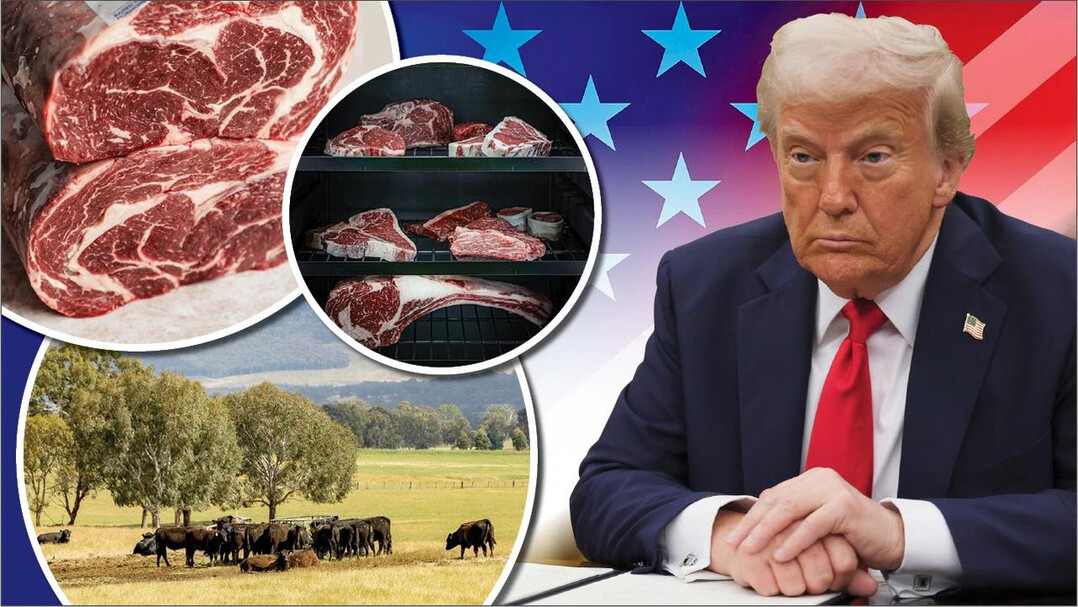
The Australian Department of Agriculture has firmly contradicted claims made by US President Donald Trump regarding a supposed ban on American beef imports into Australia. Mr. Trump, while announcing a new 10 percent tariff on Australian imports, asserted that Australia "bans American beef." However, the Australian government agency has clarified that the United States does have access to the Australian beef market under specific conditions.
According to a statement released by the Department of Agriculture, import conditions are currently in place for beef products originating from cattle that were born, raised, and slaughtered within the United States. This refutes the President's assertion of a complete ban.
While the US has not yet commenced trade under these existing terms, it has requested an expansion of access to include beef products derived from cattle sourced from Mexico and Canada that have been legally imported into the US for subsequent export to Australia. The Australian government is currently evaluating this additional request.
Simon Quilty, a global meat trader and analyst at Global Agritrends, recalled a period in the 1990s when the US did export a small quantity of beef to Australia, primarily for the restaurant chain Sizzler. However, he noted that due to current price discrepancies, it is unlikely that any US beef would be imported into Australia today, even without any perceived restrictions.
Australia implemented restrictions on fresh US beef imports in 2003 following an outbreak of mad cow disease in the United States. Data from the Australian Bureau of Statistics indicates that Australia has not imported beef from the US since 2005.
Chris Parker, the chief executive of Cattle Australia, stated that President Trump's rationale for the new tariff on Australian beef was flawed. He emphasized that the US has had access to the Australian market since 2019, provided they can verify that their beef comes from cattle born, raised, and slaughtered domestically. Japan and New Zealand are other countries currently permitted to export beef to Australia.
Mr. Quilty suggested that a "quasi-ban" on US beef might exist due to biosecurity requirements, particularly concerning the traceability of cattle. The current regulations necessitate that imported US beef must originate from cattle born, raised, and slaughtered in the US, raising questions about the traceability of cattle from Canada and Mexico that are processed in the United States. He believes that the recent attention brought by the Trump administration will likely expedite the resolution of this traceability issue.
Despite potential improvements in North American cattle traceability systems, Mr. Quilty remains skeptical about the viability of significant US beef exports to Australia in the near future, citing price competitiveness as a major hurdle.
In 2024, Australia's beef production reached a record high of 2.57 million tonnes, with 1.34 million tonnes exported globally.
[Copyright (c) Global Economic Times. All Rights Reserved.]




























